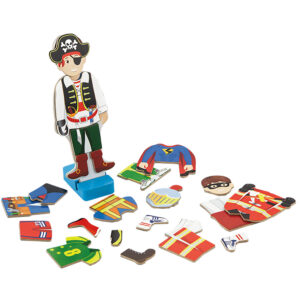FANTASY / ROLE PLAY
Play is the natural way in which children learn. For a child, play is a serious thing and is integral to his/her healthy development.
The value of play should never be underestimated. It contributes in the areas of intellectual, social, emotional , physical and cognitive development of the child.
One of the ways in which children play is by engaging in fantasy and role play scenarios. It is also known as imaginative or pretend play. Children use their imagination to create and act out many different scenarios, roles and situations.
Fantasy play gives the child an opportunity to use his/her imagination in a creative way. Through this type of play , the child is able to control situations in which he would normally be powerless. In real life situations the child would not have a voice and thus be unheard or ignored. Fantasy and role play scenarios allows the child to be heard. The child is able to explore problems and act out solutions.
Fantasy play allows them to engage in activities where they pretend to be different people, animals, objects etc. They create scenarios where they can be doctors, superheroes, chefs, policeman etc etc where they can also ‘fix’ problems.
It allows children to develop their cognitive skills by developing their imagination, creativity and problem solving skills.
It also allows them to explore and experience different roles, perspectives and emotions. Thus assisting with their social and emotional development. Vocabulary expansion and effective communication skills are also expanded when children engage in pretend play.
It is important to encourage fantasy play both in the home and the classroom environment. Provide oppurtunities by offering a range of toys, props and costumes that can allow the childrens imagination to be ignited.
Parents can join in the fun and participate in the child’s imaginary play if possible. It is important to remember that the adult must follow the child’s lead and encourage their creativity/imagination.
Role play is recognised as an essential and valuable contributor to a childs healthy development and as such it should be given the necessary attention and not be regarded as unnecessary.



Add comment